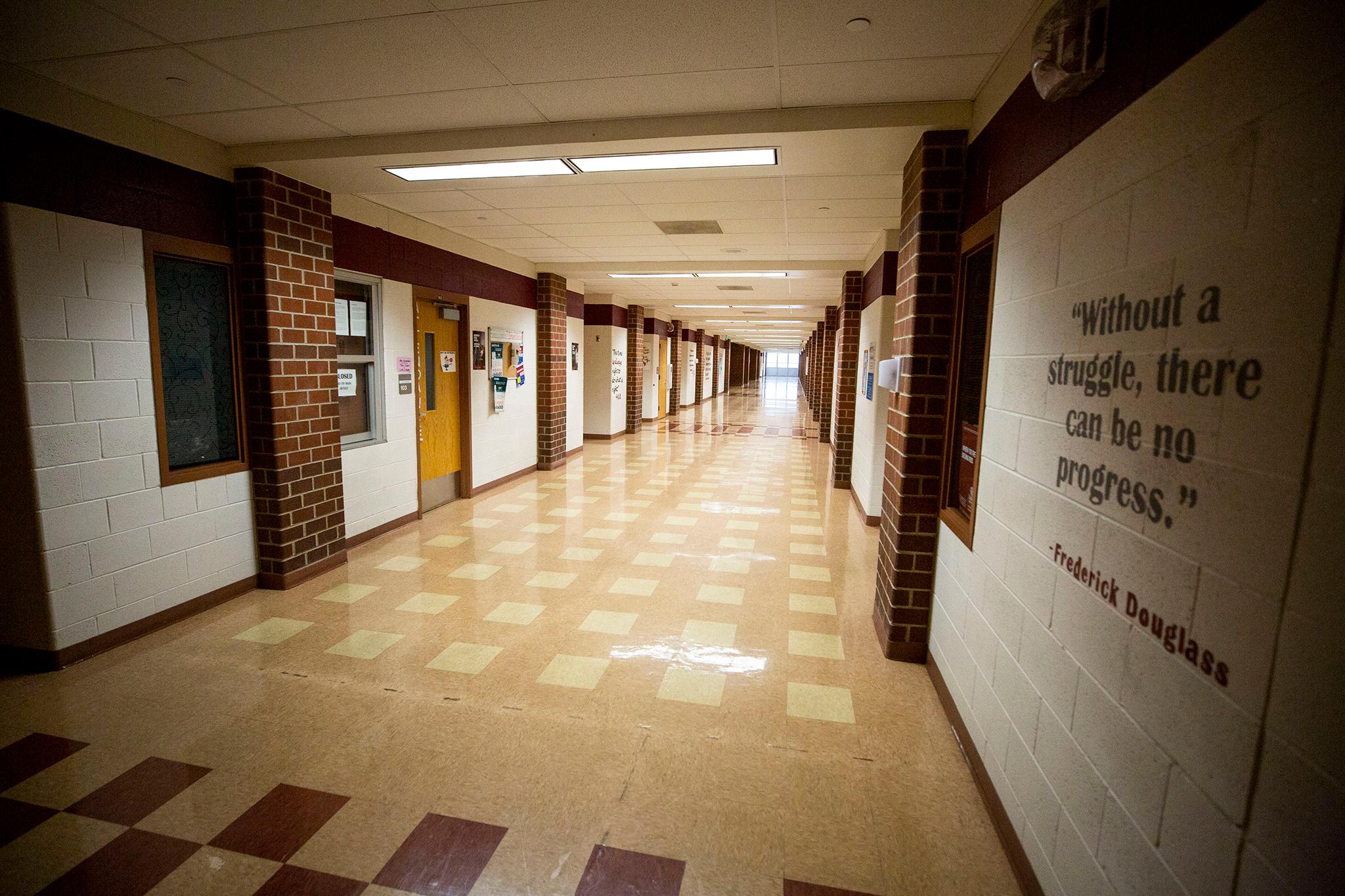Update: Well, that was fast. A few hours after announcing liquor stores and recreational marijuana dispensaries would close on Tuesday at 5 p.m., the city reversed course, saying they would remain open assuming "extreme social distancing" was practiced. Carry on.
On Monday, Mayor Hancock announced "stay at home" orders for Denver to curb the spread of the novel coronavirus that go into effect on Tuesday at 5 p.m. until at least April 10.
Hancock asked that residents only leave their homes for groceries, medical supplies and medication.
"This is not a recommendation," he said. "It is now an order for city and county of Denver to stay home."
Police will be advising people on the streets about the new order, but Hancock said they would not issue tickets or arrest people.
Despite initially announcing that liquor stores and recreational marijuana dispensaries would close, the city reversed course Monday afternoon, saying such shops would remain open assuming "extreme social distancing" was practiced. Medical marijuana dispensaries are considered "essential" and will remain open. Restaurants will still be allowed to make to-go orders.
Last week, Hancock was apprehensive to implement a stay at home order unless issued by the state or regionally. But on Monday he said he saw things this weekend that changed his mind, including "loosely organized sporting activities" at parks, like volleyball and basketball, and picnics.
Parks will remain open for walking and running, but playgrounds will close. "You can walk on the trails, you can hike," he said.
As of Sunday evening, 591 people in Colorado have tested positive for COVID-19, and six people have died. The majority of positive cases, 125, are in Denver.
Unlike states like California, Gov. Jared Polis has not ordered stay at home directives. But on Sunday he ordered non-essential businesses to reduce the number of people physically present in the workplace by at least 50 percent.
How Denver's order compares to others (story continues below)
He said that while the state was not wielding enforcement authority to keep people at home, something else should motivate them: "the Grim Reaper."
"It is not the threat of you being brought to prison, it is the threat of death," he said.
Stay at home or shelter in place orders are generally issued for limited areas and for immediate threats, such as a toxic leak or a police SWAT operation. In those cases, people would be expected not to leave home at all until the danger has passed.
San Miguel County, which on March 18 became the first Colorado county to issue a coronavirus shelter-in-place order, did not confine people to their homes, but severely limited their movement.
Residents of the Western Slope county, where the shelter-in-place order went into effect March 19 and expires at midnight April 3, can leave home only to seek medical care, obtain medicine, food and supplies that are necessary to their health and safety, care for family members or pets living elsewhere, and perform work deemed essential.
Essential workers under the San Miguel order included first-responders and people who operate or maintain communications, travel, utility and other infrastructure.
On March 19, California became the first state to issue a mandatory shelter in place. Residents are allowed to leave their homes for essentials, but police are not enforcing the rules.
To some extent, Colorado communities have already been under a lockdown, with schools and bars closed, restaurant operations restricted to delivery and take-out, and gatherings limited to no more than 10 people.
Polis issued this statement after Monday's announcement:
"Last week, San Miguel issued a stay at home order for non-critical functions and additional isolation measures were also taken in Gunnison, Eagle, and Summit counties. Today the city and county of Denver issued a similar order. I'm strongly in support of these local efforts, and it's extremely important that just as our state is acting boldly and urgently, that our county health departments are also taking strong actions guided by science, data, and the real-life situation on the ground including taking into account local factors like population density and concentration of Coronavirus cases, to best contain the spread of the virus. Thank you to Mayor Hancock and other local leaders making strong moves to reduce the spread of the virus in communities across our state."
Denver's full order is below:













